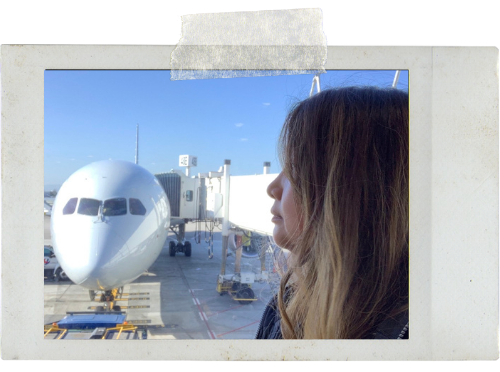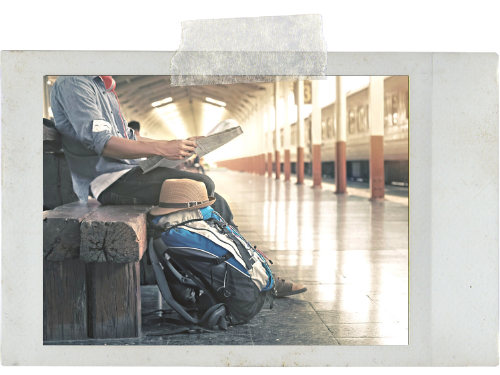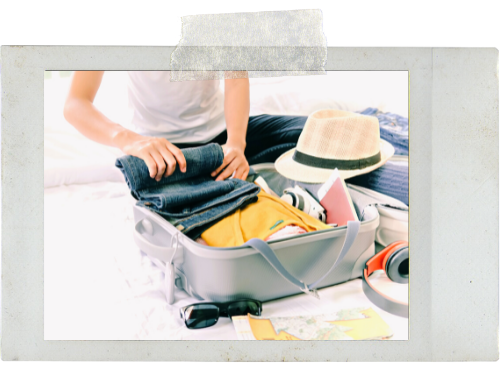Travelling can be one of the best experiences of a person’s life. Not only do you get to explore new cultures, but you also get to learn plenty and make some lasting memories!
However, despite all its pros, there is also a potential downside associated with traveling considerable distances. Many people experience severe jet lag after landing in a new time zone. Being jet-lagged for the first couple of days of your trip can ruin all the fun. Luckily, here is a list of remedies to help prevent jet lag on your upcoming trip.
But first, let’s explore the causes behind jet lag. Understanding the reasons behind this phenomenon can help us find ideal solutions to combat it!
What Causes Jet Lag?
Jet lag naturally occurs when you travel across multiple time zones in a short period. It is powerful enough to make you feel disoriented, tired, and sleepy at all the wrong times. This happens because your body has not yet adjusted to the new time zone and is still running on the previous one.
If you’re only going a few hours back or forth in time, then Jet lag likely won’t occur. For example, you might start with a flight from the States and land in Brazil. In this case, you won’t experience jet lag because Brazil and the U.S.A. are only 2 hours apart in time. However, if you start your journey in the U.S.A. and land in Russia, things are bound to be different. During your flight, you’ll be crossing over half a dozen time zones within just a few hours of travel.
Jet lag is a bit different than travel fatigue – it’s more severe. Generally, travel fatigue can occur at any time due to insufficient rest (not due to time zones) and pushing yourself too hard while out exploring.
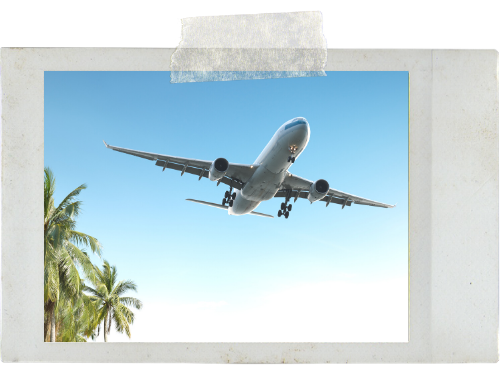
Circadian rhythm
Naturally, your internet clock – or circadian rhythm – is unaware of this sudden change. Circadian rhythm tells our body when it’s time to either wake up or go to bed. Traveling long distances within a short timespan can tamper with our circadian rhythm’s functioning, ultimately resulting in jet lag.
Individuals with a disturbed circadian rhythm may face trouble falling asleep. They’ll also likely struggle to wake up early and fall asleep at odd times. As a result, such people may need extra hours of sleep to feel truly rested. In more extreme cases, even large amounts of sleep will be insufficient to counter feelings of fatigue.
One may also feel agitated, struggle with mental cognition, and find simple tasks tough due to poor sleep quality.
Jet lagged people find it difficult to sleep at night within the new time zone. They will also struggle with staying awake during the day.
Other symptoms of jet lag include:
- Compromised cognition: Lack of sleep caused by jetlag can lead to impaired cognitive processes. As a result, you may have trouble performing simple tasks. You may also have difficulty focusing on things.
- Sudden mood changes: It isn’t uncommon to experience crankiness or low moods when jet-lagged. This is partially due to insufficient sleep. However, it is also because your body’s hormonal cycle is still running on its old clock.
- Stomach troubles: Some people may experience poor stomach health during their jet lag phase. This is again a result of poor sleeping habits. However, it may result from changes in your metabolic patterns due to circadian misalignment.
Luckily, these harsh side effects of jet lag are temporary in most cases. Those who travel extremely often may face prolonged feelings of chronic jet lag. For example, pilots, flight attendants, and businesspeople often experience chronic jet lag due to frequent traveling.
Remember, though, that jet lag only occurs when moving across a large number of time zones. Taking a short trip to a destination only a couple of time zones away won’t harm your circadian rhythm.

Tips to Prevent Jet Lag
Below is a list of measures you can take to help stop yourself from experiencing jet lag in your new time zone.
What to Do Before You Travel
Planning ahead of time can give you an edge over potential jet lag. Take a look at these helpful tips – and put them into action – before your flight!
1. Gradually Alter Your Sleep Schedule
Start preparing for the sleep schedule change a few days ahead of travel. By bringing small, gradual changes into your sleep pattern, you will be able to adjust faster to your new time zone at your destination and reduce jet lag.
Try getting to bed 30 minutes before (or after) your current bedtime. If you’re traveling “ahead’ in time, try to sleep after you usually do. If you’re going “back” in time, start sleeping early. For example, if your regular bedtime is 11 pm, try sleeping at 10.30 pm five days before your flight. Then, change this to 10 pm the next night, and so on.
2. Adopt the time zone of your destination as soon as you board your flight
Airplanes are like Vegas, it’s hard to know what time it is because everything is enclosed when the shades are down and the lights turn on/off based on the flight service.
Take advantage of your body’s confusion to reset your internal timing to the time zone of your destination. If your destination will be daytime when you arrive, get some rest on the plane so when you land, you will have the energy to be awake until your new bedtime. If you have trouble sleeping during flights, try waking up early or doing an activity to tire yourself out a bit.
On the other hand, if you arrive at your destination during the evening and close to bedtime, try to stay awake during the flight so you will be tired enough to go to bed after you land.
3. Be Strategic When Scheduling Your Flight
Flying for extended periods can leave a person tired, drained, and in dire need of sleep. So, if possible, schedule a flight that lands at your new destination during the time that works best for your body to adjust to the new environment.
As recommended above, if arriving during the day, rest on the plane. And, if arriving at night, stay awake on the plane.
My preference is to arrive during the day since I am able to sleep during flights. I also get excited to get out and get familiar with the city right away. This means I try to book re-eye or overnight flights because that is what works best for my body and reduces jet lag.
4. Cut Down on Caffeine and Alcohol
Consuming caffeine or alcoholic beverages before your flight can tamper with your circadian rhythm. As a result, you may find it difficult to sleep properly before your departure. This can make the post-landing phase all the more difficult to address.
Skip your daily espresso shot and that cold beer you’ve been eyeing. You’ll thank yourself for it later.
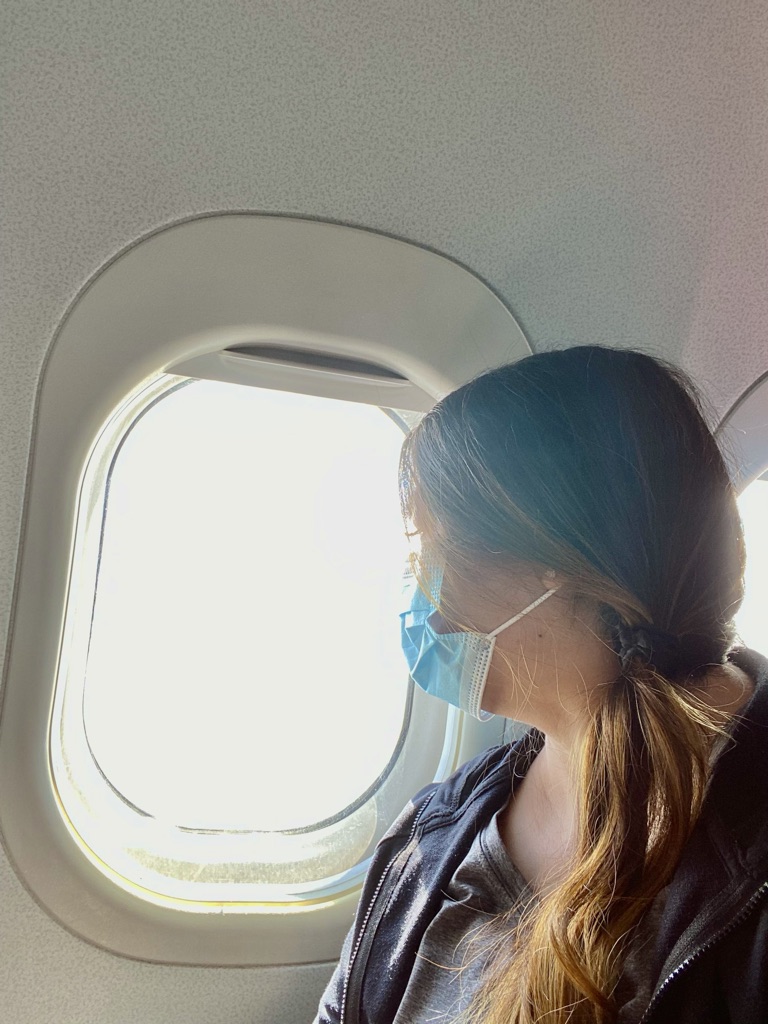
What to Do When En Route
Catching a flight soon? Here’s how to counter post-landing jet lag by taking precautions when flying:
1. Avoid Salty and Sugary Foods
Free airline snacks are usually salty or sweet, so best to avoid if you can! Excessively salty foods can intensify the feeling of jet lag once you land. The same goes for super sweet snacks, too.
Keeping yourself hydrated and well-fed can help you deal with post-landing tiredness much better. Plus, enjoying a balanced diet can help reduce your chances of developing intense jet lag. Avoiding processed snacks can also help you steer clear of bloating and fatigue.
2. Take Short Power Naps When Flying
If you’re planning on going to bed immediately after you land, avoid sleeping for too long on the plane, if at all. Short power naps under 30 minutes are an excellent way to recharge during a long flight. Anything longer will make it harder for you to fall asleep at night.
On the contrary, if your flight lands in the morning, try to get as much sleep as you can when in the air. This will help you remain active for a couple of hours after landing. Then, once the day is over, you can comfortably retire to your new bed at night.

Post-Arrival Strategies
Here are some tricks to help reduce the chances of developing jet lag after you land:
1. Play with Sun Exposure
Exposure to bright light can reduce our body’s melatonin production. Melatonin is a special hormone in charge of making us fall asleep. This is why most people struggle with falling asleep in brightly lit conditions.
Sunlight is the Earth’s most significant light source. So, to ensure you get enough sleep at the right time, consider playing around with sun exposure.
During the daytime (in your new time zone), try exposing yourself to bright, sunny conditions. Staying outdoors or drawing the windows open can help. Then, when it’s time to sleep, dim all the lights and tuck yourself into bed. Doing this regularly can help prevent feelings of jet lag.
2. Work Out and Get Moving
Incorporating regular exercise into your daily schedule can help prevent jet lag. Working out or going for a walk outdoors can help your circadian rhythm adjust to your new environment better.
3. Avoid Heavy Meals
Overeating can make a person extremely sleepy. So, eat in moderation. Especially avoid having a large, heavy meal before bedtime. Continue to avoid caffeinated drinks and alcohol, too, as these can reduce sleep quality. Remember, the better your quality of sleep, the more well-rested and energized you’ll feel!
4. Avoid Daytime Naps
Napping during the day can make it difficult to fall asleep at night. So, if you’re working on recalibrating your internal clock, avoid naps. Instead, focus on getting 7-9 hours of uninterrupted quality sleep after dark.
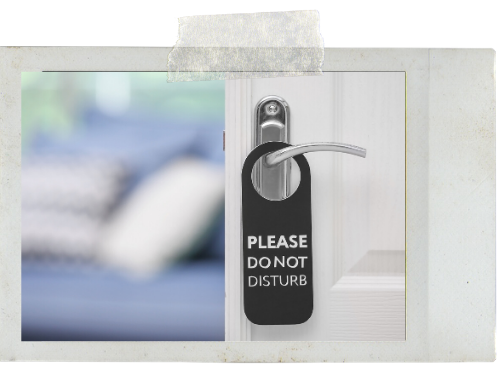
How to Reduce Existing Jet Lag
If you are currently experiencing jet lag, the following tricks can help ease your symptoms:
- Expose yourself to light strategically. Avoid using your phone right before bedtime. If possible, limit all blue light exposure from screens at least one hour before you go to sleep. Blue light can tamper with our natural circadian rhythms and cause poor quality sleep. Try to get maximum sunlight exposure during the daytime. This will help you feel energetic and reduce your craving for an afternoon nap.
- Consider taking melatonin (or other tablets) to help you sleep. Remember, melatonin works best when consumed in smaller quantities, so avoid taking too much. If you’re genuinely eager to take sleeping medication, be sure to consult a healthcare professional first. A qualified doctor or pharmacist can help. Abusing sleeping pills and taking them on your own accord can sow the seeds for a lasting sleep disorder. Tread with caution!
- Drink chamomile tea before sleeping. You can also try spraying your pillow with lavender mist before bed. These tricks can help you sleep better and wake up refreshed.
- Try to improve sleep quality. Using white noise machines, sleeping in a quiet room, or wearing an eye mask can help. Be mindful of your diet, too. Eating sugar-rich foods or enjoying a caffeinated drink before bedtime can make it harder to fall asleep. They can also significantly deplete sleep quality, leaving you groggy and tired after waking.
✈️ Final Thoughts
The tips mentioned above can help you successfully prevent jet lag. Start by incorporating them at least a week before your flight for the best results.
Also, be sure to check which way you’re moving in time before adopting a new pre-flight sleep routine! As noted in the article above, either case needs to be dealt with uniquely.
Bon Voyage!

